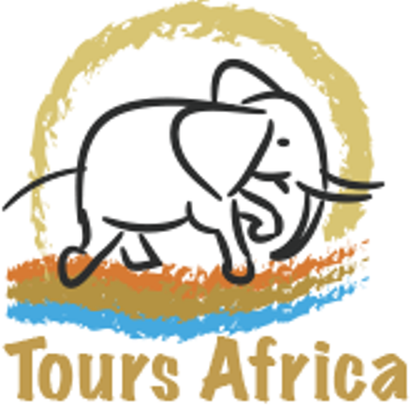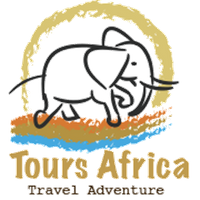- Home
- Destinations
- Activities
- Education
- Accommodation
- General
- Travel Safety
- About Us
- Blog
- Contact Us
- Sign in
- Home
- Destinations
- Activities
- Animals
- Safari
- Wildlife Sanctuaries
- Multi Day Safari Tours
- City
- Cultural Experiences
- Sightseeing Tours
- Wine Tours
- Multi Day City Tours
- Mountain
- Abseiling
- Canyoning
- Hiking
- Paragliding & Skydiving
- Ziplining
- Ocean & River
- Boat Tours
- SUP & Kayaking
- Surfing
- Whale Watching
- White Water Rafting & Tubing
- Ocean, Rock and Surf Fishing
- Trail & Track
- Bike Tours
- Horse Riding / Trails
- Quad Biking
- Sandboarding
- Team Building
- Underwater
- Great White Shark Cage Diving
- Sardine Run
- Scuba Diving
- Snorkelling
- Multi Day Diving Tours
- Education
- Accommodation
- General
- Travel Safety
- About Us
- Blog
- Contact Us
Conservation
Here at Tours Africa we work closely with a number of conservation bodies to address conservation challenges and improve living conditions for the local communities and the wildlife. We also choose activity operators who are committed to conservation.

Marine conservation has historically been grossly neglected and this vacuum in the scientific arena necessitates new, exciting and ongoing research projects to find out more about our precious marine species and the ecosystems in which they live.
Through our shark cage diving or whale watching operators, you can not only enjoy an awesome adventure but also learn about the trends, traits and troubles of the Great White shark and our other amazing marine species. Data on the Great White sharks and their environment is also collected on a daily basis. Currently, this work involves sexing, sizing and recording markings on Great White sharks, and recording environmental parameters. Our operators have been instrumental in building a database of thousands of photographs of shark dorsal fin ID that contributed to the first regional population estimate of the great white shark in Gansbaai produced by the Dyer Island Conservation Trust. Sharks returning to the bay can be successfully identified and a pattern of behaviour determined. The current Faces of Need Shark project involves acoustically tagging the Great White and manually following their movements in the shallows of Gansbaai during the summer months. Another study involves the parasites found on sharks and the effect on their health.
Shark populations worldwide are increasingly threatened, and in scientific circles, there is still much research needed to fully understand and interpret shark behaviour and movement patterns. Continuous studies and research on the Southern Right Whale, the Humpback Whale as well as the Cape Fur Seal are also done in partnership with various institutions.
Other marine conervation projects our operators are involved in include Faces of Need: African Penguin Nesting Project, which includes the replaced heavily exploited penguin nesting sites with artificial nests, the Fishing Line Disposal Bin Project, which aims to reduce the severe environmental damage to animals caused by entanglement in fishing line that has been discarded along our coastline, Marine Animal Strandings, which may include whales, whale sharks, dolphins, sea turtles, seals. These animals are rescued, stabilized, and transported to rehabilitation facilities, where possible. The Environmental Education Programme, also known as DEEP, also works with dedicated groups of young learners from a disadvantaged background and runs for three years to monitor and evaluate the impact and growth of each and every individual learner.
Follow
Tours Africa | Travel Adventure!
Online Bookings. Credible Tours. Vehicle Hire. Book Flights. Travel info.


